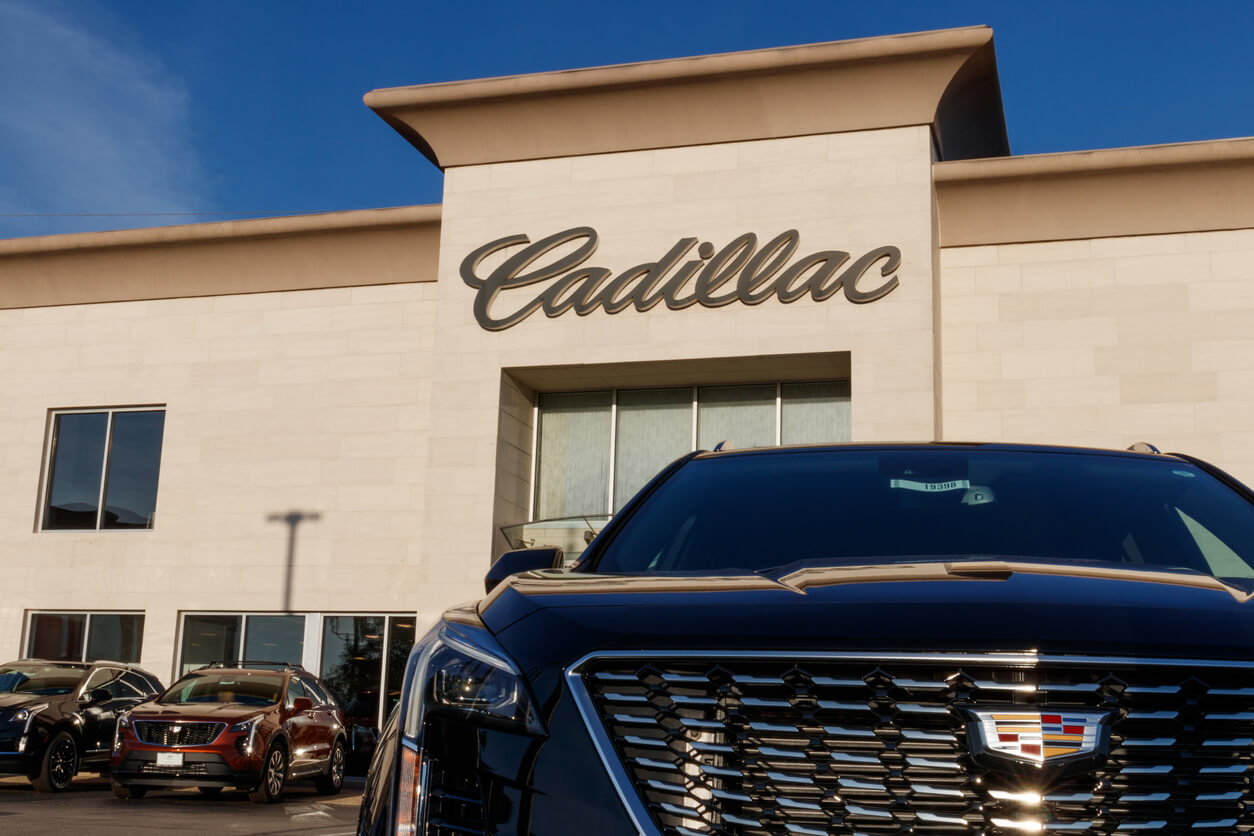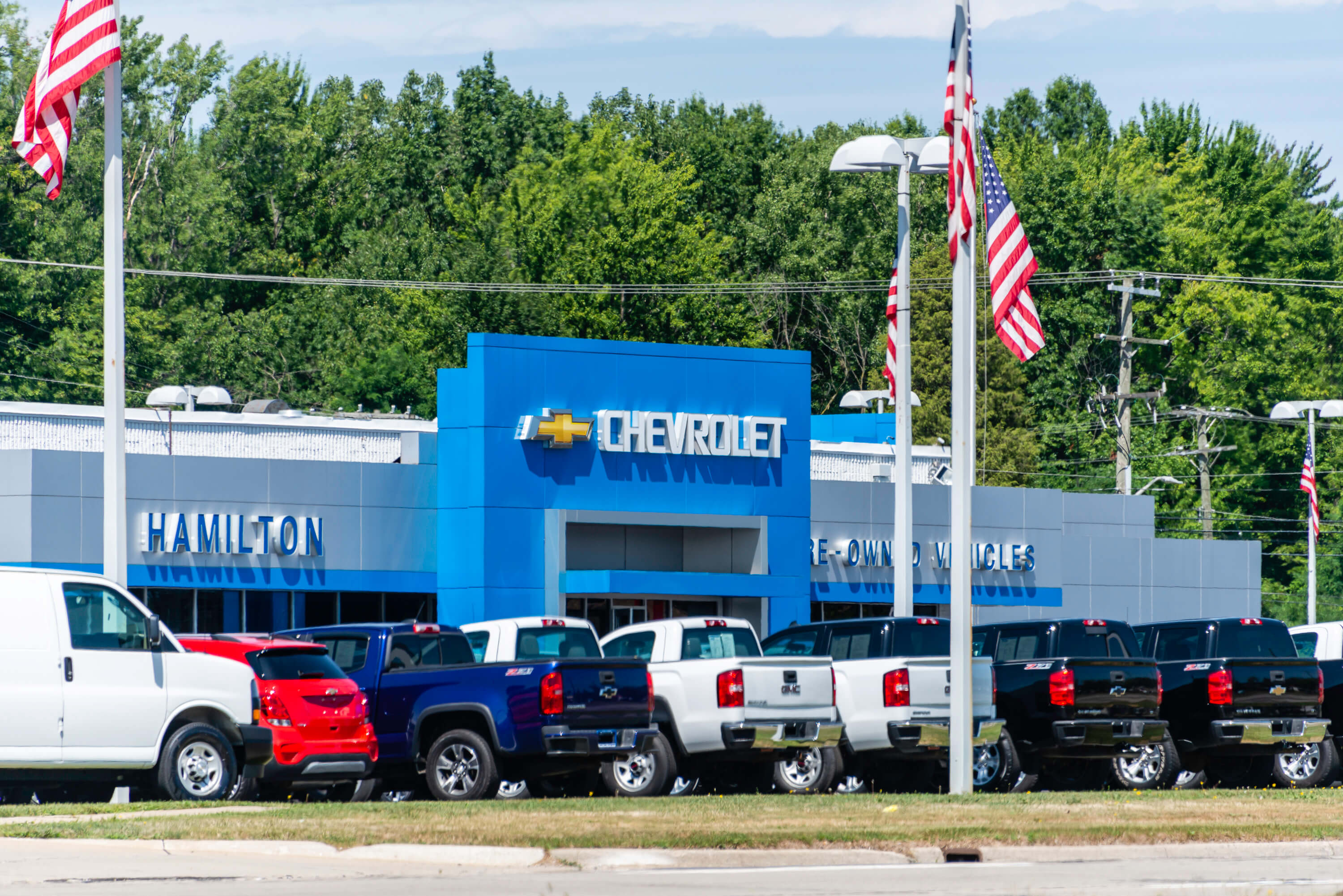By: Sepehr Daghighian, Esq.
The Cadillac Escalade is a sophisticated, full-size, luxury SUV engineered and produced by General Motors. It was first introduced into the market about 10 years ago and has been highly popular ever since. However, over the years, the Escalade has revealed some persistent defects which become harder to look past when it comes to a $75,000+ SUV. Some of the common issues in the last 5 years of Cadillac Escalades include harsh ride quality, transmission failure, engine problems, and suspensions defects.
If your Cadillac Escalade has suffered these defects or has presented with serious, repeated issues, CCA is here to help. We invite you to call our experts today for a free consultation: (833) LEMON-FIRM.
What are some common Cadillac Escalade Defects?
Over the last five years, numerous user complaints and NHTSA investigations have revealed a plethora of defects plaguing the Escalade. While some issues were looked into by GM, many issues remain unresolved.
One of the most frequently reported Escalade defects are engine and suspension issues, which is most common in the 2016 model. A large number of users have noticed violent and random shakes, mostly while driving at 50-70 mph. For example, a user of the 2016 Cadillac Escalade described the issue, “While driving 60 mph, the vehicle began to shake violently. The shaking became more violent while approaching 70 mph. The contact had to pull over onto the shoulder to reduce the shaking. After waiting a while, the contact proceeded to drive, but the shaking continued. There were no warning indicators illuminated. No failure code was found. The mechanic deemed the Vehicle safe to drive. The Vehicle was not repaired. The manufacturer was not made aware of the failure.”
Another similar complaint against the vehicle suspensions stated, “Vehicle exhibits a constant vibration at speeds between 35 mph and 75 mph. Vibration is not road related; it is a constant, steady vibration regardless of road conditions. It is best described as if the Vehicle was driving over corduroy. There is also a steady “buffeting” noise coming from the cabin of the Vehicle at speeds between 55 mph and 70mph.”
Another commonly reported issue against the Escalade is transmission failure. An NHTSA defect investigation revealed a problem with the transmission. It was described by a user as follows, “When braking the transmission gives a sudden push & makes a bang. It feels like the car is trying to get away from itself. This happens during downshifting only.”
Apart from the serious issues discussed above, the luxury SUV has been subject to complaints against body paint and electrical defects. An owner of the Escalade reported a complaint about the electrical system and stated, “The contact owns a 2016 Cadillac Escalade. Every time the contact parked and locked the vehicle, the brake lights remained illuminated. The Vehicle was taken to [my dealership] four times while under warranty. The dealer replaced the sensor under the brake pedal twice. During the third visit, the dealer replaced the wires after speaking with the manufacturer; however, the failure persisted.”
Some of the smaller issues can seem tolerable, but not when you are going for a luxury product and paying a six-digit price.
What Can I Do if my Cadillac Escalade is Subject to any defects?
If your Escalade has been the subject of repeat repairs or substandard quality, the California lemon law protects you. CAA is equipped with a set of highly experienced lawyers that are ready to help you find a solution for your problem. Please feel free to reach out to us for a free consultation regarding your vehicle: (833) LEMON-FIRM.

